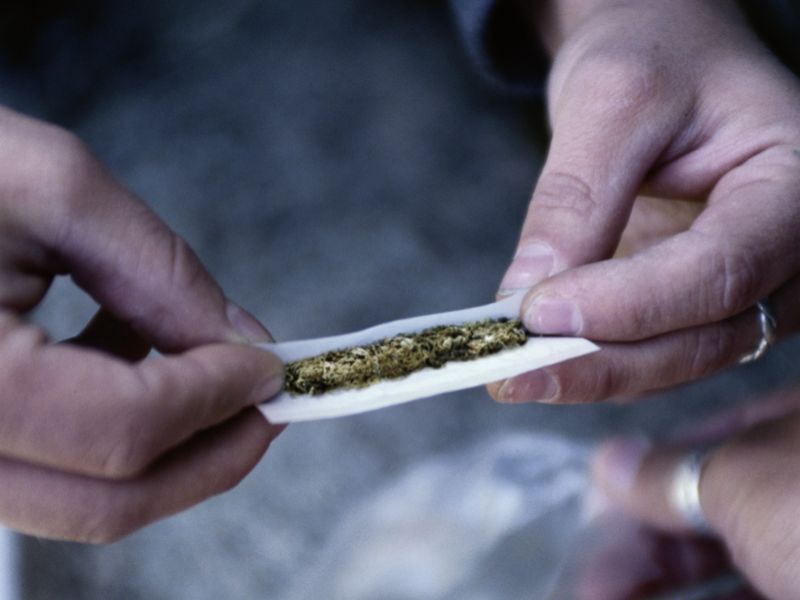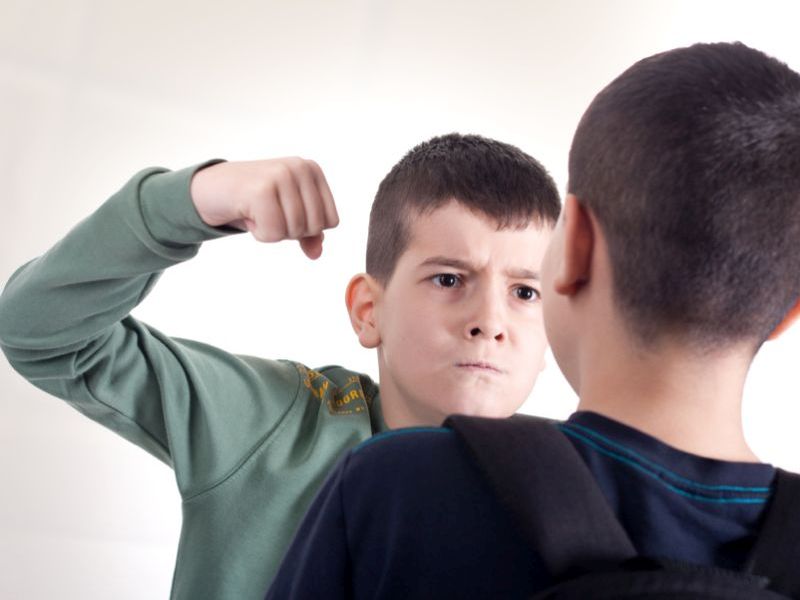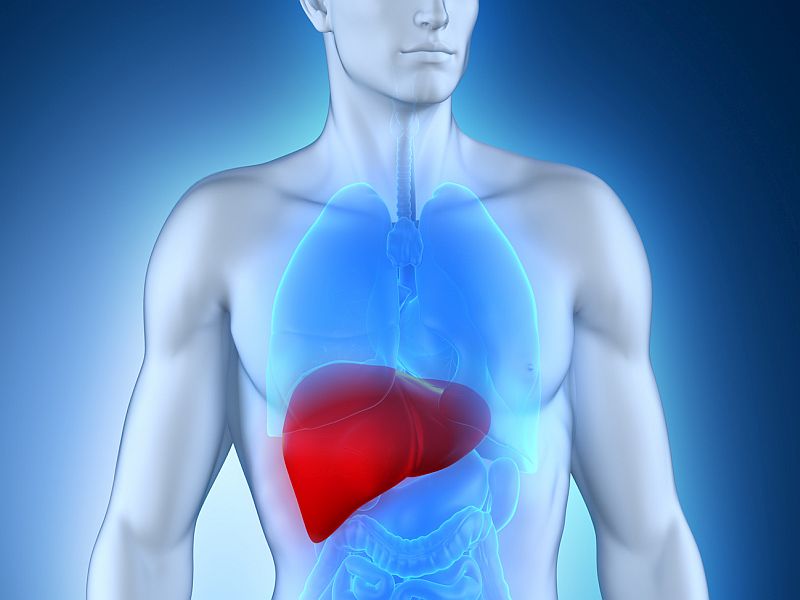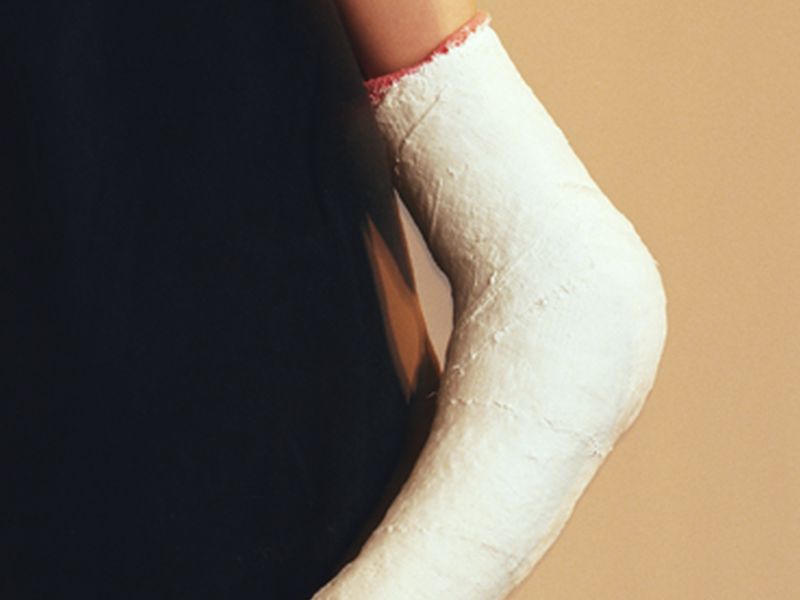
Infertility affects about 1 in 10 couples that are trying to have a baby, the U.S. National Institutes of Health says. Advancing age is a prime cause of infertility, but there are other factors that are more under a person’s control, the agency says, including: Alcohol consumption. Smoking. Environmental toxins, including pesticides and lead. Certain… read on >





























